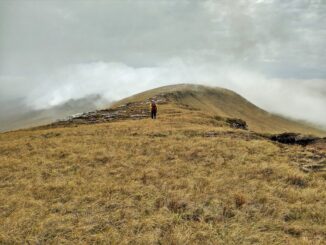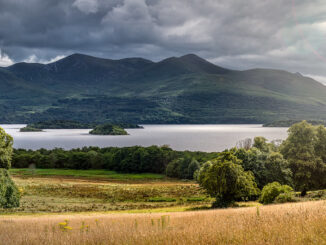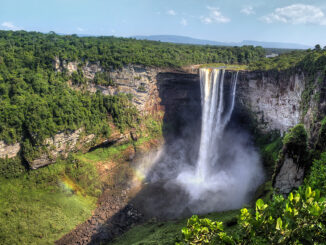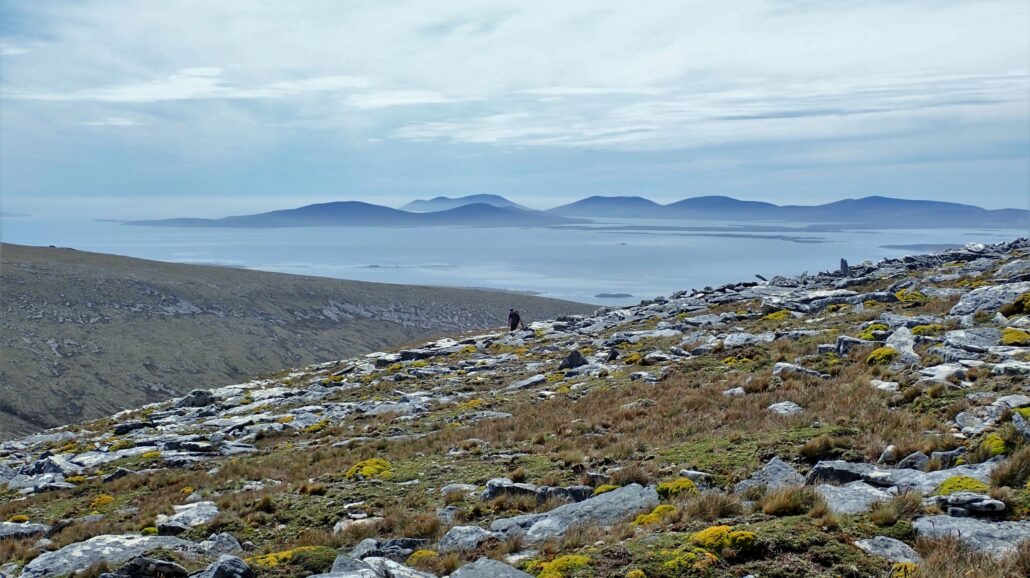
Pictures shared from the Hill Cove Mountains of the Falkland Islands look like they were taken from another world—treeless tundra partially shrouded in clouds, crystal-blue alpine lakes, and rocky hillsides looming over silky seas.
“Pretty stunning place, isn’t it!” Mike Jervois, the Biodiversity Protection Advisor with the Falkland Islands Government’s Environment Department, told Public Parks.
Stunning, indeed. It’s this region’s natural, nearly untouched beauty that’s now inspired the Falkland Islands Government to establish its very first national park here.
It’s an endeavor that’s 25 years in the making but finally coming to fruition.
A long time coming
The Environment Department is now working to finalize its plan to convert government-owned land near the community of Hill Cove, West Falkland, into a publicly accessible yet remote national park at this distant archipelago off the southern coast of South America.
The citizens of the Falkland Islands first conceived of the idea to establish their own national park here back in 1998. A formal strategy to finally do so will be opened for public comment soon, likely within a couple of months, Jervois said. After making some revisions based on the public’s input, the aim is to have a final plan put before the legislature for approval sometime in February 2024.
The government hasn’t yet decided what to name the national park, but the region has been selected.
The new national park will encompass a protected inland area of the Hill Cove Mountains close to the West Falkland coast, including a managed easement where partial sheep grazing is allowed. At 11,833 hectares or 29,240 acres, the new national park will be home to four prominent geologic features, including “Mt Donald, Mt Adam, Rat Castle, and Mt Robinson,” according to a Falkland Islands Government Executive Council Order shared with Public Parks.
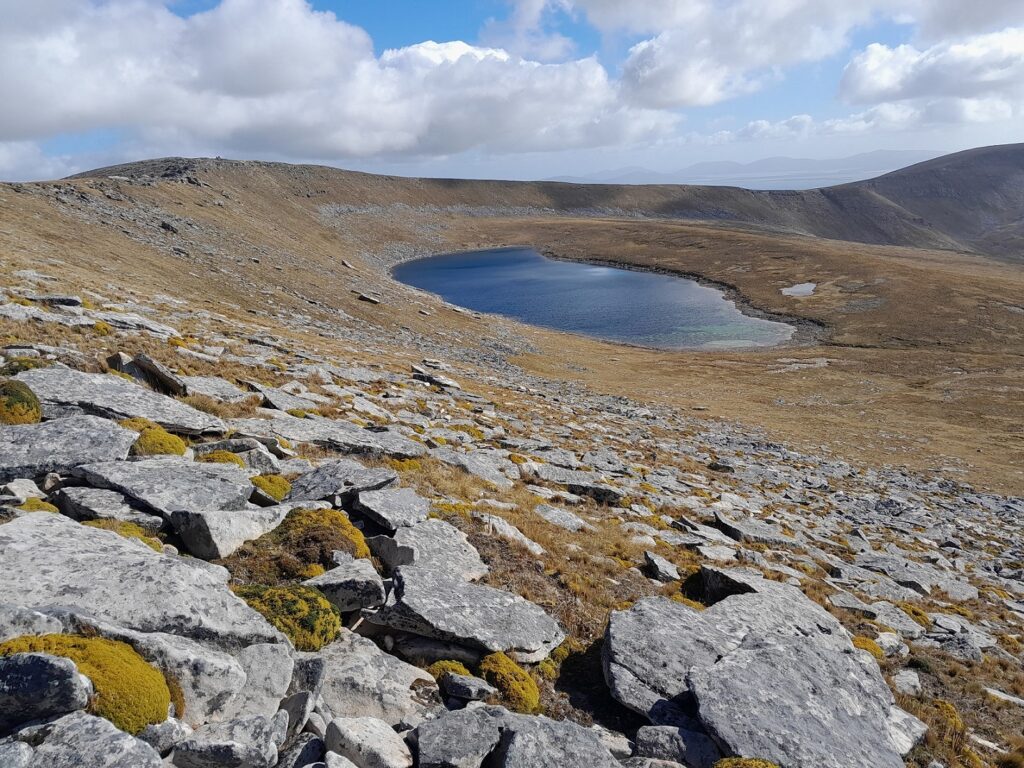
The document is unequivocal—the government wants this land to be formally declared a national park. Yet the authorities are clear that this national park establishment effort will follow formal, democratic procedures.
“Members of the Legislative Assembly have expressed their intent to create a national park on government-owned land in the Hill Cove Mountains,” the document declares. “The land is currently used for off-road driving, hiking, recreation, wellbeing, and tourism.” Officially establishing this land as a national park will likely bring tighter controls for better conservation, but also additional tourism.
A remote and beautiful place
There are plenty of reasons to fall in love with this corner of the Falklands, the government says.
“The area has outstanding geological and landscape values and is renowned for its natural beauty,” according to the Executive Council order. “It is an important plant area, containing at least 64 species of native plants, representing over a third of the Falklands’ native flora.”
The region is home to the critically endangered plant Falklands Nassauvia as well as “high-altitude bluegrass communities” that help feed and shelter a variety of species of birds and insects.
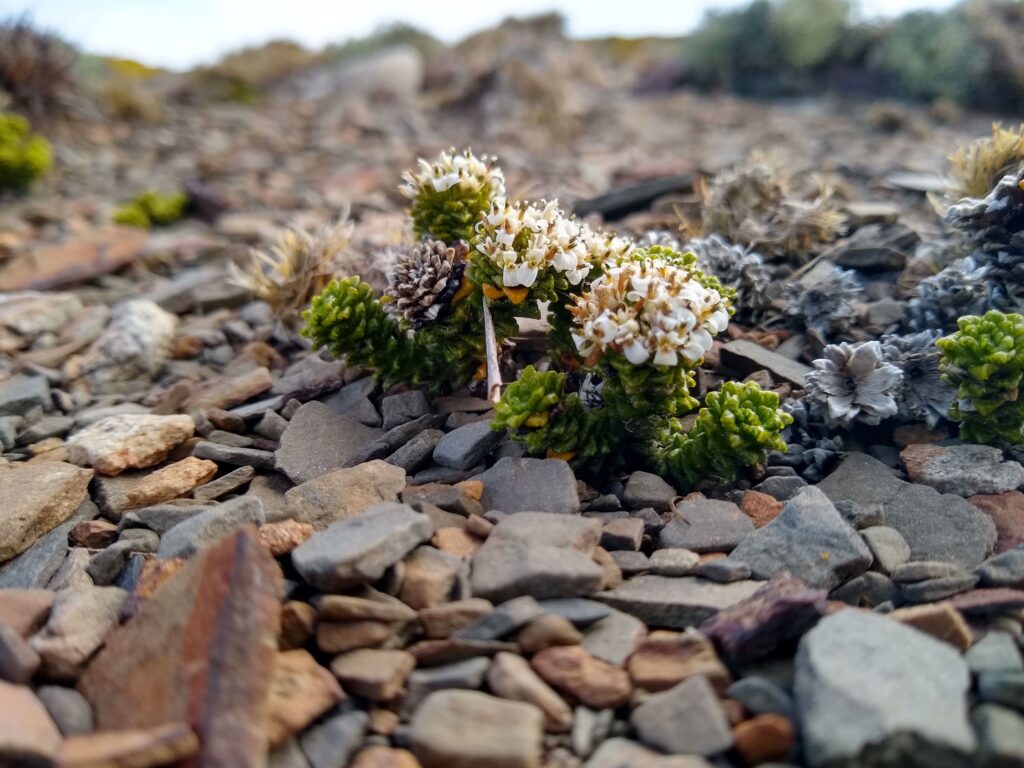
“The area has long been suggested as a national park due to its exceptional plant life, wild landscapes, extraordinary natural beauty, and relative accessibility,” the government goes on to gush in the planning document.
Establishment work quietly proceeding
As a self-governing territory, Jervois says the Falkland Islands government need not coordinate with the United Kingdom government, avoiding additional layers of time-consuming bureaucracy. Yet he and the Environment Department acknowledge that it’s taken over two decades to get to this point.
Public Parks asked why it has taken so long.
“Honestly, I’m not really sure,” Jervois said. “It was probably a combination of not having enough people available to do the necessary policy work, and having other things to do that were much higher priority.”
Although close to the finish line, Jervois cautions that there’s plenty of work left to do. “It’s still in its planning phase,” he said. “I’m still ironing out all the details about how this park would work. Hopefully, that will all be finished soon and our department hopes to be able to take the plans out for public consultation in the next couple of months.”
The plan for establishing a new national park in this distant United Kingdom territory is not a secret, but it hasn’t been getting much notice, either. “You won’t find much information about it online until public consultation starts,” Jervois explained.
He said the plan enjoys wide support among the islands’ population. The government appears confident that the national park will be formally established by early next year.
Not everyone is happy
Though this national park establishment plan has been moving forward largely off the public radar, at least one neighboring country has taken up interest in what the Falkland Islands’ environment managers are up to.
The government of Argentina has declared its intent to establish a national park on the archipelago, as well. Argentina calls the islands Islas Malvinas and claims them as its territory in entirety.
The Argentine environment ministry was said to be working on a bill establishing a park there, to be put forward for consideration by Argentina’s parliament by late September, according to the English language service of teleSUR.
Jervois declined to comment on that news. A government spokesperson was unavailable for comment at press time.
The citizens of the Falkland Islands assert their right to self-determination and have voted to remain a UK overseas territory.
The territorial dispute between Argentina and the UK makes it difficult for any United Nations agency to take any stance that can be seen as supporting the sovereignty claims of either side. For this reason, it’s very unlikely that the new Falkland Islands national park, once established, will become a candidate for the much-coveted World Heritage status by the UN Educational, Scientific, and Cultural Organization (UNESCO).
©2025 Public Parks
Photo Gallery
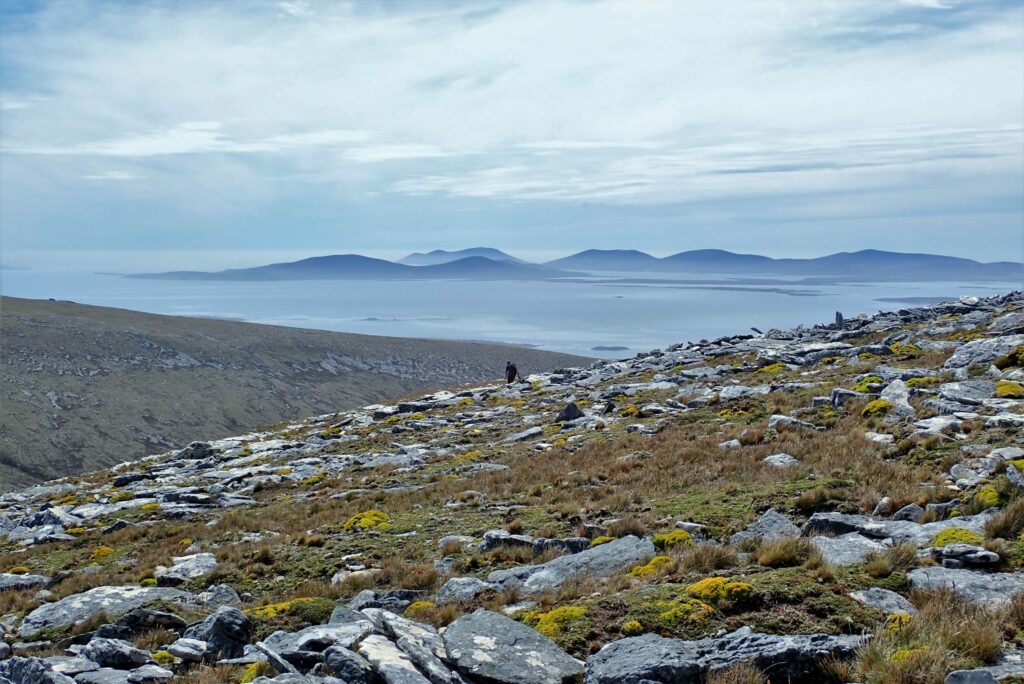

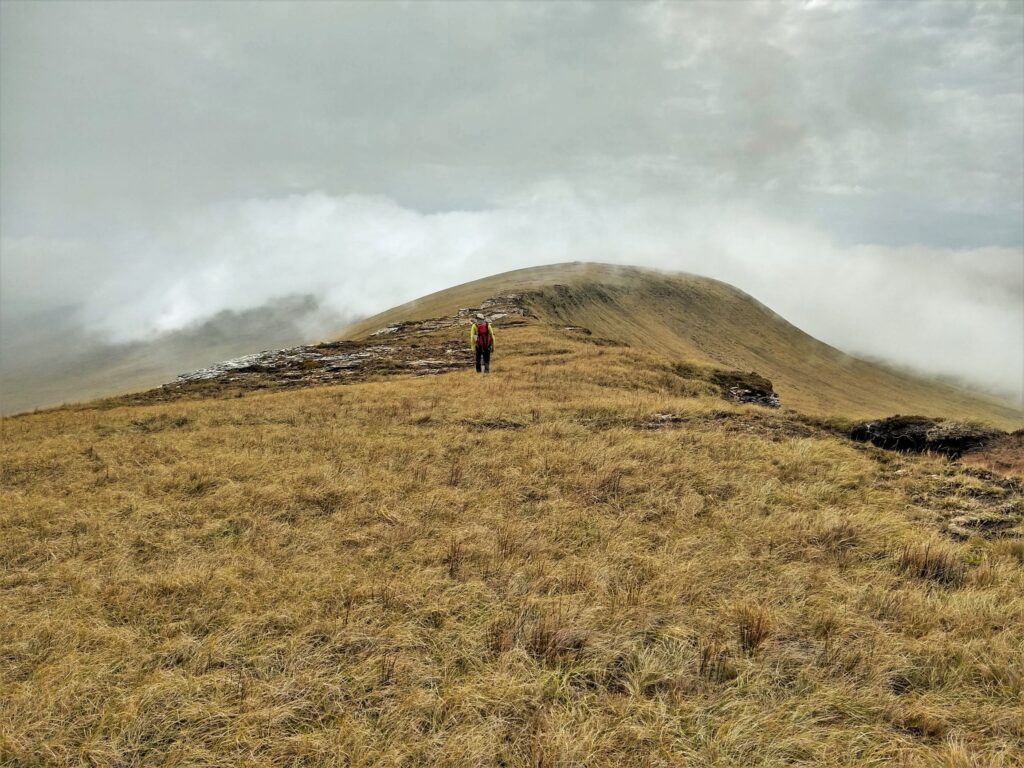
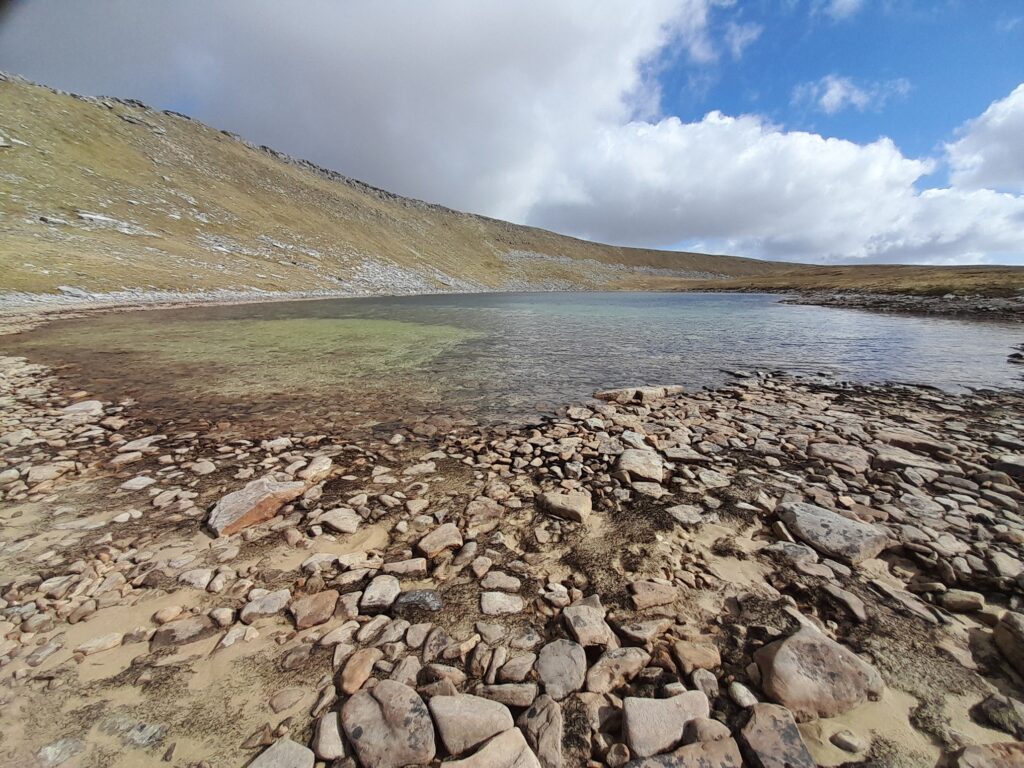

Park Info
Park Name:
Hill Cove Mountains
Location:
Falkland Islands
More information:

